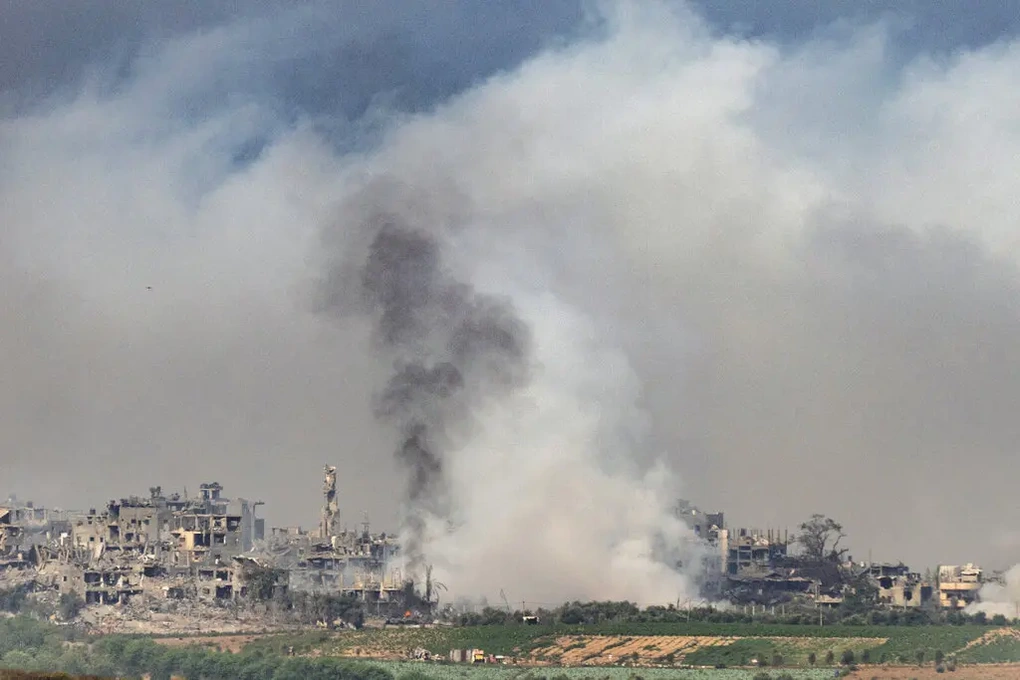
Smoke rises from a series of destroyed buildings in Gaza on October 29 (Photo: NYT).
On October 27, three weeks into Israel’s bombing campaign in Gaza and as Palestinians braced for an imminent ground offensive, basic services such as electricity, telephone and internet were suddenly cut off. Two US officials said Washington held Tel Aviv responsible for the incident.
"I feel blind and deaf, unable to see or hear anything," Gaza-based journalist Fathi Sabbah wrote on Facebook on October 29.
Since Hamas militants launched a surprise attack on October 7, prompting Tel Aviv to launch a fierce counter-offensive, Gaza residents say they have been living a nightmare.
In it, the Israeli army declared a siege on densely populated areas, cutting off electricity, water and medical supplies while unleashing a series of relentless aerial bombardments and artillery barrages.
The Israeli military said on October 29 it had expanded a ground offensive overnight and warned with growing urgency that Palestinian civilians should move to southern Gaza, despite the horrific air strikes there. Tel Aviv also said it was carrying out air strikes in Lebanon after at least 16 rockets were fired from there into Israeli territory.
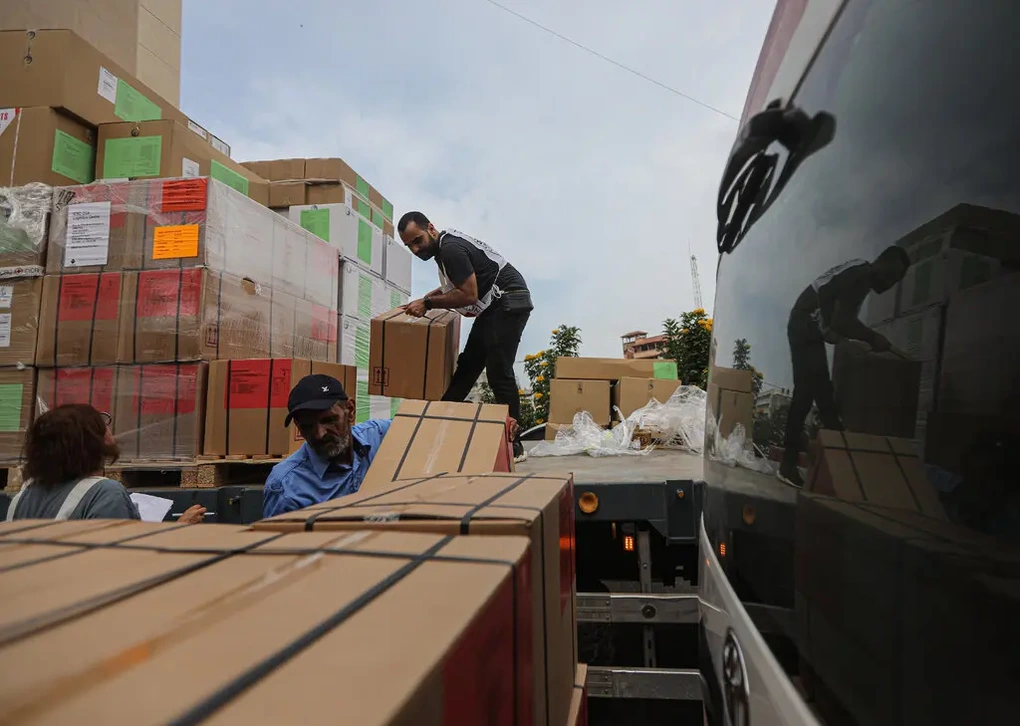
Medical aid was brought to Nasser Hospital in Khan Younis on October 29 (Photo: NYT).
In Gaza, 47 aid trucks crossed the border from Egypt carrying water, food and medicine. It was the most aid in a single day since trucks were first allowed into Gaza on October 21, but still far short of the level of support that aid organizations have called for.
Ahmed Yousef, a 45-year-old civil servant living in the town of Deir El Balah, said he thought the loss of electricity and water was the worst thing that could happen. “But the loss of communications was much worse,” he said. He initially thought it was a temporary problem, and later learned that Gaza was almost completely without electricity. He was forced to use solar panels to watch the Al Jazeera satellite television network, his only link to the outside world .
Abdulmajeed Melhem, CEO of Paltel Group, Palestine's leading telecommunications company, said the connection was suddenly partially restored at around 4 a.m. on October 29. He added that the company had not made repairs and did not understand how or why service was partially restored.
He said the Israeli government was responsible for cutting and restoring these services. Israeli officials have so far refused to comment on allegations that they deliberately cut these essential services to carry out the attack. Two US officials said they had urged their Israeli counterparts to do what they could to restore communications.
Horror and anger across Gaza
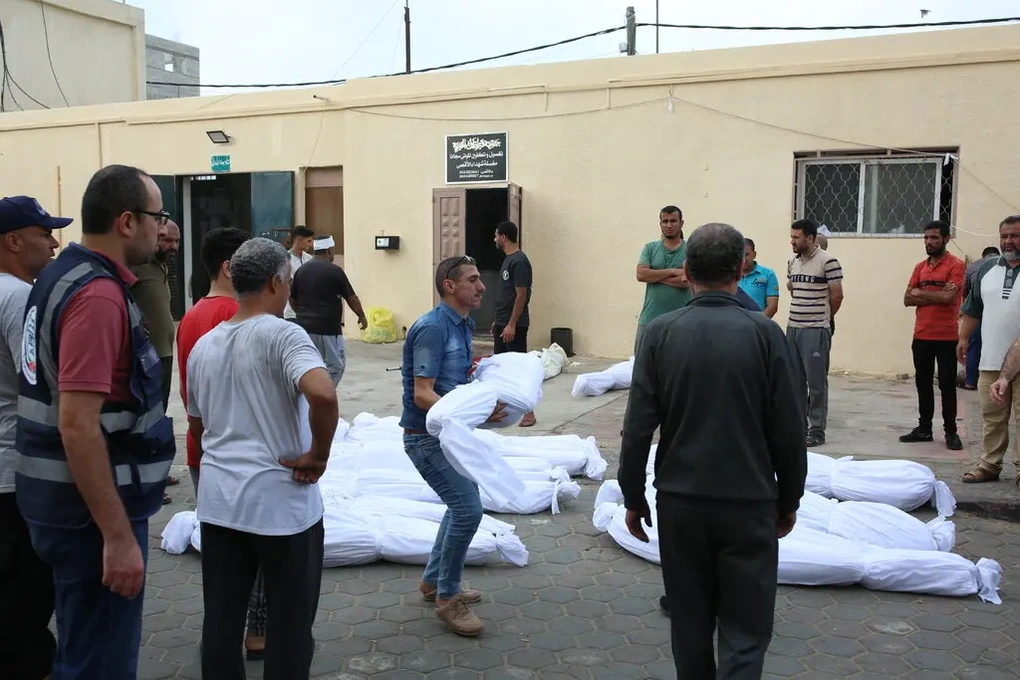
Bodies wrapped in white cloth lay on the streets of Gaza waiting to be buried (Photo: NYT).
Power and communications outages have caused panic and anger across the Gaza Strip.
Isolated from the outside world - and from each other - Gaza's people face scenes straight out of an apocalyptic movie.
Mahmoud Basl, a civil defense official, said rescue teams were forced to try to locate airstrike sites by observing the direction of the explosion. In other cases, volunteers picked up the wounded and transported them to hospitals, and notified teams when they arrived at the site of an airstrike so they could try to rescue others left behind, he added.
Yusuf Al-Loh, the executive director of a medical services agency under the Ministry of Interior, described people running more than 2km to reach the rescue team and calling for help. He said that when some finally arrived, they were so angry at feeling abandoned that they insulted the rescuers, causing worrying psychological pressure.
"It is a worrying sign that civil order is beginning to break down after three weeks of war and a tight siege in Gaza," said Thomas White, the Gaza director for the UN Relief and Works Agency for Palestine Refugees (UNRWA). "The tension and fear that has been exacerbated by the cut off of telephone and internet lines is making people feel alone, cut off from their families in Gaza and the rest of the world."
Helmi Mousa was one of the few residents with internet access on the morning of October 28 amid widespread power outages. However, that did not ease his worries as he was still unable to contact relatives living just a few kilometers away.
Mr Mousa, 70, a retired writer, and his wife Basma Attia were staying in a ninth-floor apartment in a building in Gaza City. “The explosions were happening to our left, to our right – from every direction,” he said. “It felt like there were 100 planes attacking Gaza – and it felt like there was no limit to the madness or what could be imagined.”
Mr. Yousef, a civil servant, sits at home with his two daughters and listens to the sounds of the airstrikes. So far, they are safe, though he says he feels as if something has broken in this, one of the most horrific, wars.
"If I survive this war, my family and I will leave Gaza forever. This cannot be our life," he said.
Source


![[Photo] Panorama of the cable-stayed bridge, the final bottleneck of the Ben Luc-Long Thanh expressway](https://vphoto.vietnam.vn/thumb/1200x675/vietnam/resource/IMAGE/2025/9/30/391fdf21025541d6b2f092e49a17243f)
![[Photo] Solemn opening of the 12th Military Party Congress for the 2025-2030 term](https://vphoto.vietnam.vn/thumb/1200x675/vietnam/resource/IMAGE/2025/9/30/2cd383b3130d41a1a4b5ace0d5eb989d)
![[Photo] The 1st Congress of Phu Tho Provincial Party Committee, term 2025-2030](https://vphoto.vietnam.vn/thumb/1200x675/vietnam/resource/IMAGE/2025/9/30/1507da06216649bba8a1ce6251816820)
![[Photo] General Secretary To Lam, Secretary of the Central Military Commission attends the 12th Party Congress of the Army](https://vphoto.vietnam.vn/thumb/1200x675/vietnam/resource/IMAGE/2025/9/30/9b63aaa37ddb472ead84e3870a8ae825)

![[Photo] President Luong Cuong receives President of the Cuban National Assembly Esteban Lazo Hernandez](https://vphoto.vietnam.vn/thumb/1200x675/vietnam/resource/IMAGE/2025/9/30/4d38932911c24f6ea1936252bd5427fa)
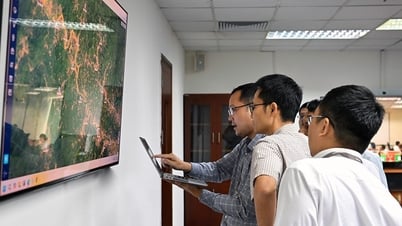










































































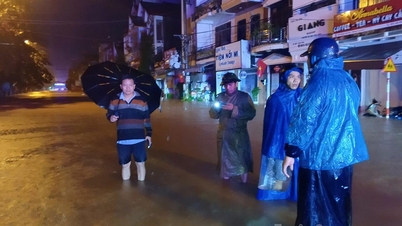





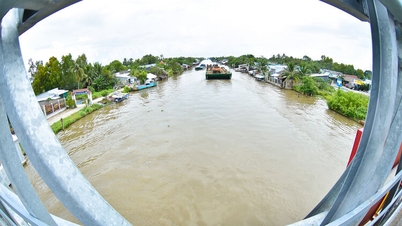


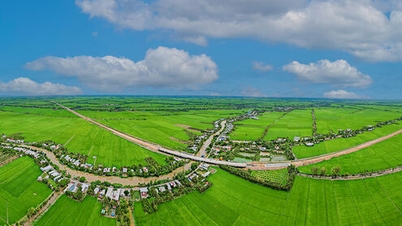














Comment (0)